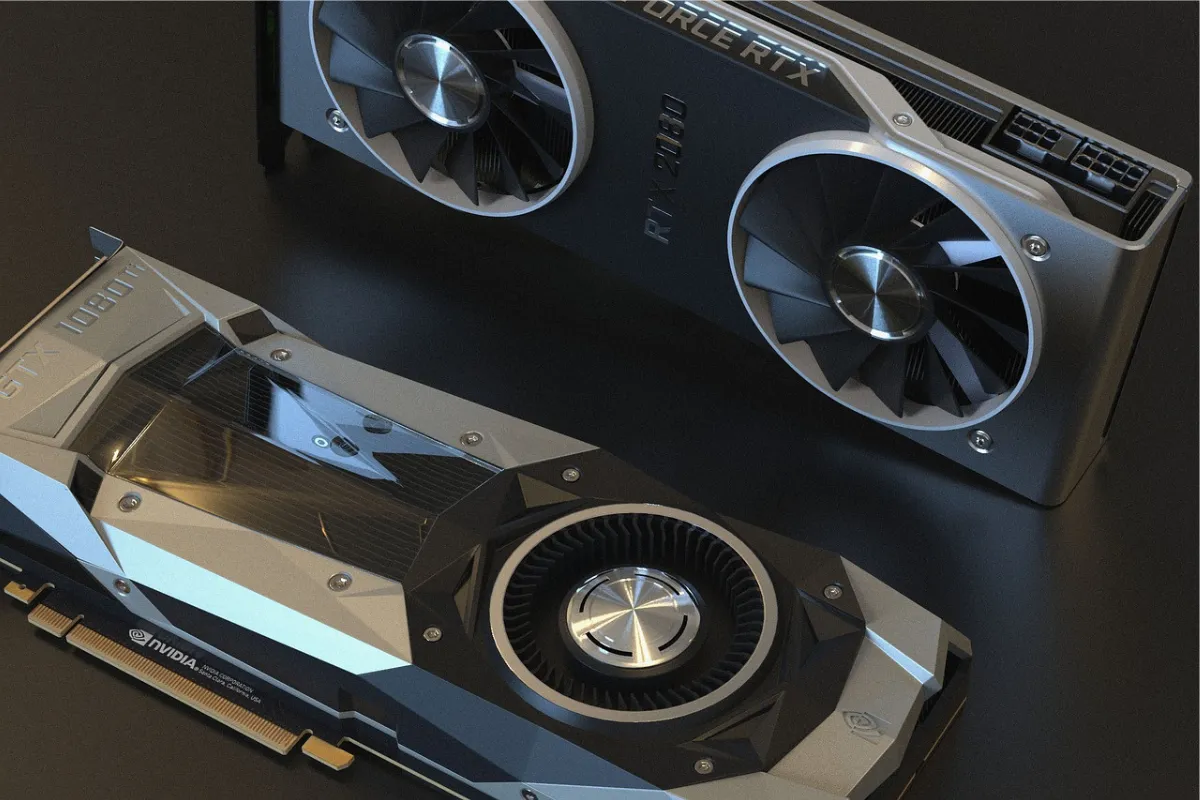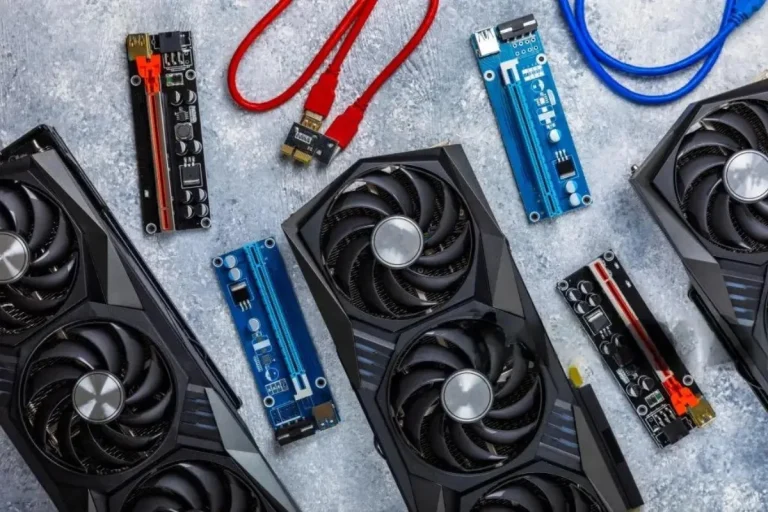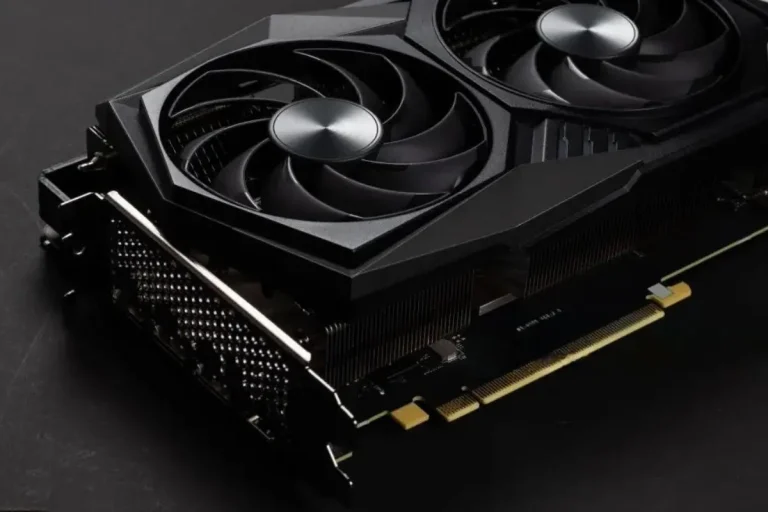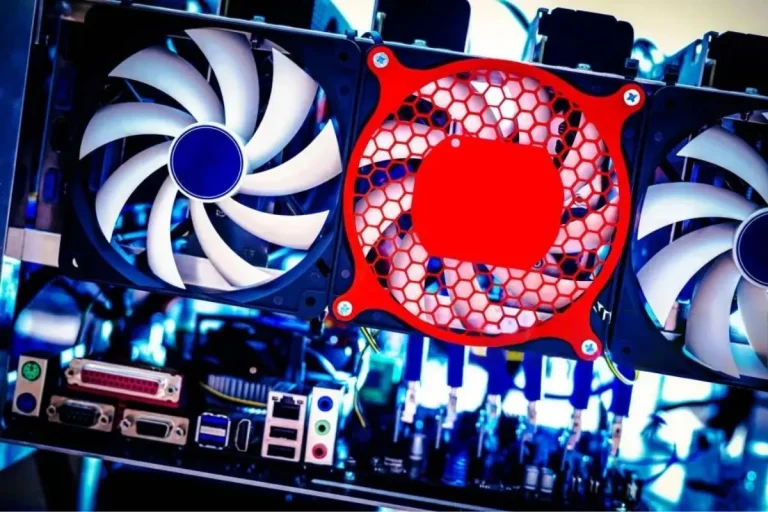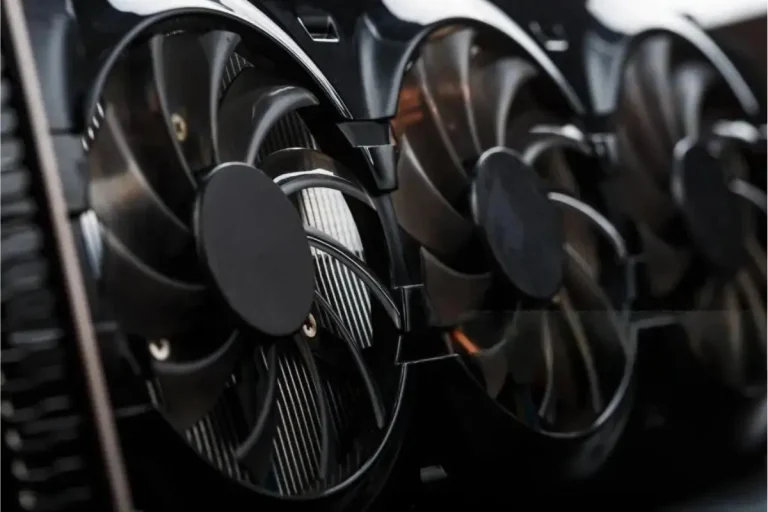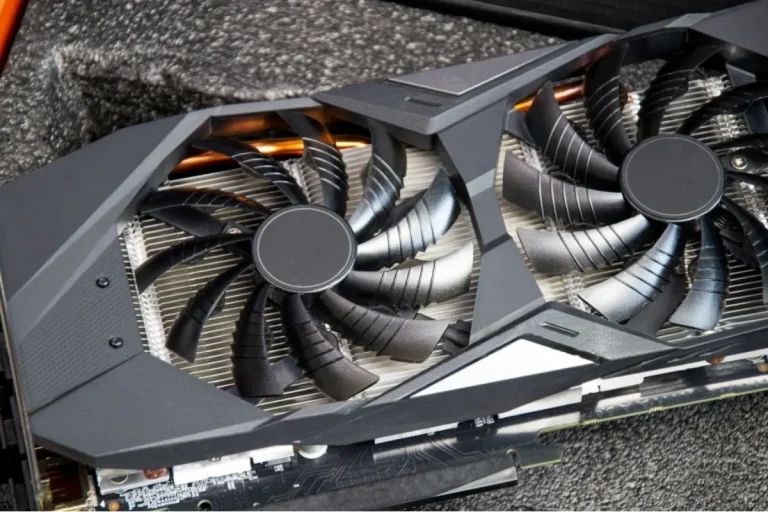How do I know if a CPU is compatible with my GPU?
Is your computer struggling to keep up with demanding games or graphic-intensive tasks? It might be time to upgrade your CPU or GPU, but how do you know if they are compatible? Don’t worry, we’ve got you covered! We’ll explain in simple terms how to determine if a CPU is compatible with your GPU, ensuring a smooth and powerful computing experience. Let’s dive in!
Researching CPU and GPU Specifications
Are you ready to dive into the world of CPU and GPU specifications? Researching and understanding the specifications of these components is crucial to ensure compatibility and make informed purchasing decisions. Let’s break down the steps to research CPU and GPU specifications:
Step 1: Visit the Manufacturer’s Websites
Start by visiting the websites of CPU and GPU manufacturers. They are the best source of accurate and detailed information about their products. Look for the specific models you are interested in and navigate to their product pages.
Step 2: Locate the Specifications
Once you’re on the product page, locate the specifications section. It usually provides a comprehensive list of details about the CPU or GPU. Pay attention to crucial factors like socket type, generation, core count, clock speed, and memory capacity.
Step 3: Check for Compatibility
Cross-check the specifications of the CPU and GPU to ensure they are compatible. Look for any discrepancies or mismatched requirements. For example, make sure the CPU socket type matches the GPU’s PCIe compatibility. It’s essential to have a seamless match between these components for optimal performance.
Step 4: Use Online Compatibility Tools and Forums
If you need clarification on the compatibility between your chosen CPU and GPU, online compatibility tools can be beneficial.
These tools analyze the specifications and provide instant feedback on compatibility. Additionally, forums and online communities are great resources to seek advice from experienced users who can guide you through compatibility concerns.
Common Compatibility Scenarios
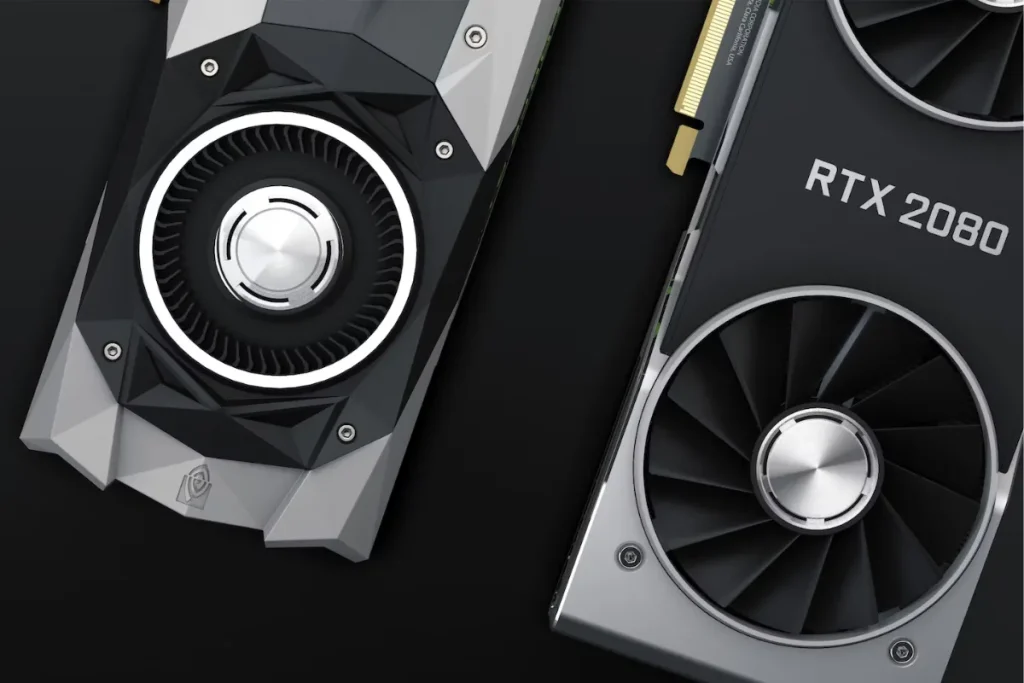
Are you wondering about different compatibility scenarios when it comes to CPU-GPU combinations? Whether you’re upgrading an existing system or building a new one from scratch, understanding common scenarios and recommendations can save you from compatibility headaches. Let’s dive in!
Upgrading an Existing System
Compatibility becomes crucial if you’re looking to upgrade your CPU or GPU in an existing system. Start by identifying the current components and their specifications.
Check if the CPU socket type matches the new CPU you want to install. Similarly, ensure the power supply can handle the new GPU’s requirements.
Upgrading within the same generation of CPUs and GPUs usually minimizes compatibility issues.
Building a New System
When building a new system, you have more flexibility in choosing compatible CPU-GPU combinations. Consider the specific tasks you’ll be performing and your budget.
Look for CPUs and GPUs that complement each other in terms of performance and price. For example, if you’re building a gaming rig, a mid-range CPU like AMD Ryzen 5 or Intel Core i5 with a graphics card like NVIDIA GeForce GTX 1660 Super can provide excellent performance without breaking the bank.
Specific Examples and Recommendations
To provide you with specific examples, we recommend combinations like AMD Ryzen 7 3700X with NVIDIA GeForce RTX 3070 for high-end gaming and content creation.
For budget-conscious gamers, AMD Ryzen 5 3600 paired with AMD Radeon RX 5600 XT offers great value for money. Remember to check the compatibility of these combinations based on socket type, power requirements, and PCIe compatibility.
Troubleshooting Compatibility Issues
Encountering compatibility issues between your CPU and GPU can be frustrating, but don’t worry! There are steps you can take to troubleshoot and resolve these problems. Let’s explore some potential solutions and recommendations:
Assess the Compatibility Issue
First, identify the specific compatibility issue you’re facing. Is it a physical mismatch, such as incompatible socket types? Or is it a software-related problem, like driver conflicts? Understanding the root cause will help you find the appropriate solution.
Update BIOS and Drivers
One common solution is to update your system’s BIOS and drivers. Motherboard manufacturers often release BIOS updates that improve compatibility with newer CPUs and GPUs.
Similarly, updating graphics card drivers can resolve software-related compatibility issues. Visit the manufacturer’s website for the latest updates and follow the instructions to perform the updates safely.
Check the Power Supply and Cables
Inadequate power supply or faulty cables can also cause compatibility issues. Ensure that your power supply meets the requirements of both your CPU and GPU. Check the connections and make sure all cables are securely plugged in. Sometimes, a simple reseating of components can resolve compatibility problems.
Seek Professional Help
If you’ve exhausted all troubleshooting options and still can’t resolve the compatibility issues, it may be time to seek professional help.
Experienced computer technicians can diagnose the problem accurately and provide expert guidance. They may suggest alternative solutions or recommend compatible components for your system.
Frequently Asked Questions
1: Can I use any CPU with any GPU?
No, not all CPUs are compatible with all GPUs. Compatibility depends on factors like socket type, power requirements, and PCIe compatibility. It’s essential to ensure compatibility before making a purchase.
2: If my CPU is from AMD, can I only use an AMD GPU?
No, you can use GPUs from different manufacturers with an AMD CPU. Compatibility is mainly determined by the socket type and other specifications rather than the brand.
3: I have an older CPU, can I use a newer GPU with it?
It depends on the specific CPU and GPU models. Upgrading to a newer GPU may be possible, but you must check compatibility with the CPU’s socket type, power supply, and other requirements.
4: My CPU has integrated graphics, do I still need a GPU?
CPUs with integrated graphics can handle basic tasks, but for graphic-intensive applications like gaming or video editing, a dedicated GPU is recommended. Make sure your motherboard supports adding a dedicated GPU.
5: What should I do if my CPU and GPU are not compatible?
If you discover incompatibility between your CPU and GPU, you may need to consider upgrading one or both components. Research compatible options based on your needs and budget, ensuring socket compatibility, power supply requirements, and other specifications.
Conclusion
Ensuring compatibility between your CPU and GPU is crucial for a smooth and powerful computing experience. Before making a purchase, consider factors like socket type, power requirements, and PCIe compatibility. By doing your research and checking specifications, you can confidently choose a CPU-GPU combination that works seamlessly together.
